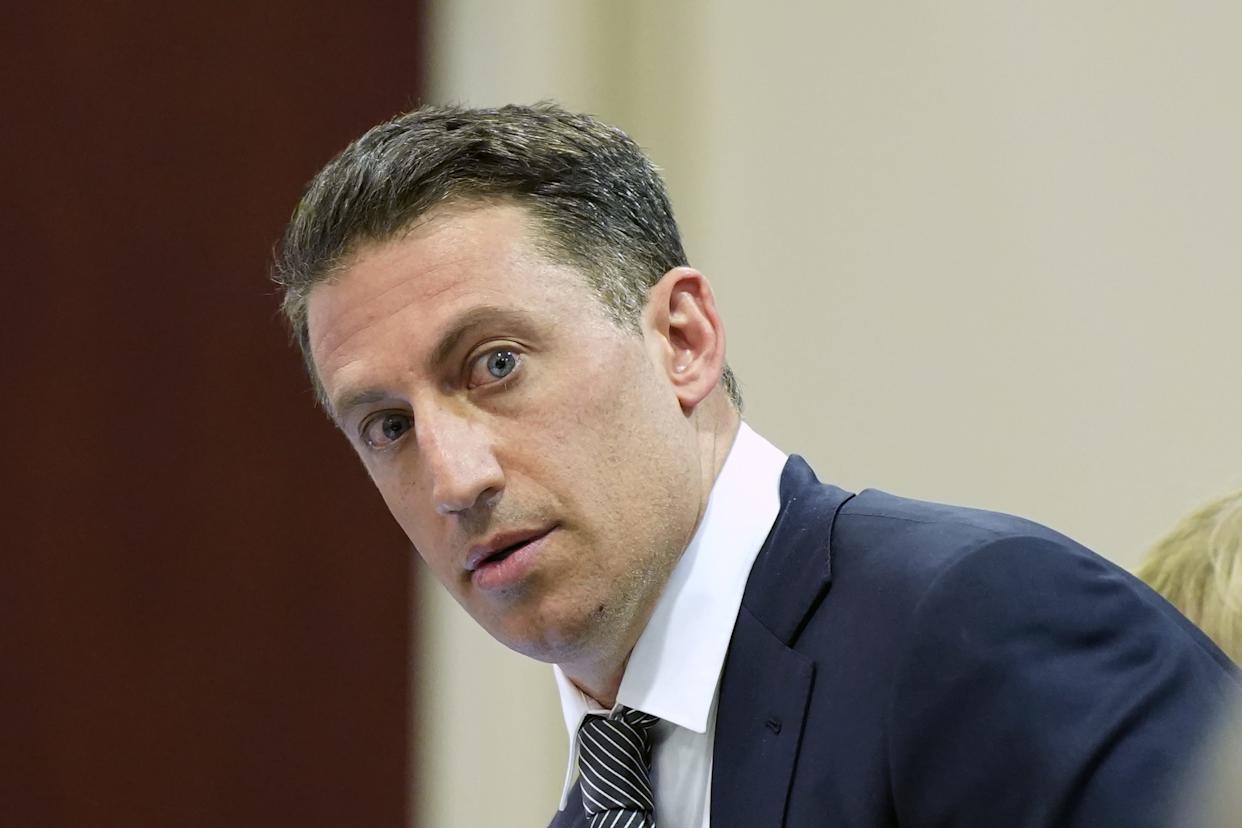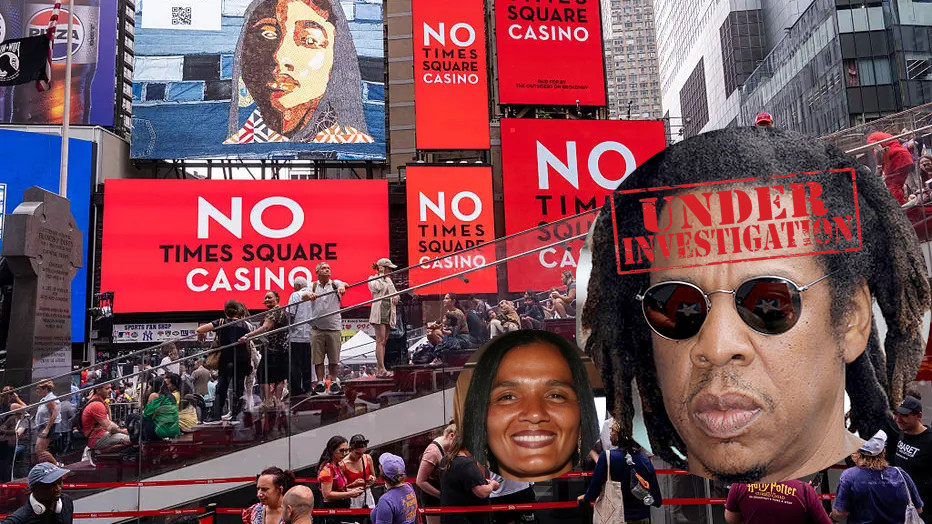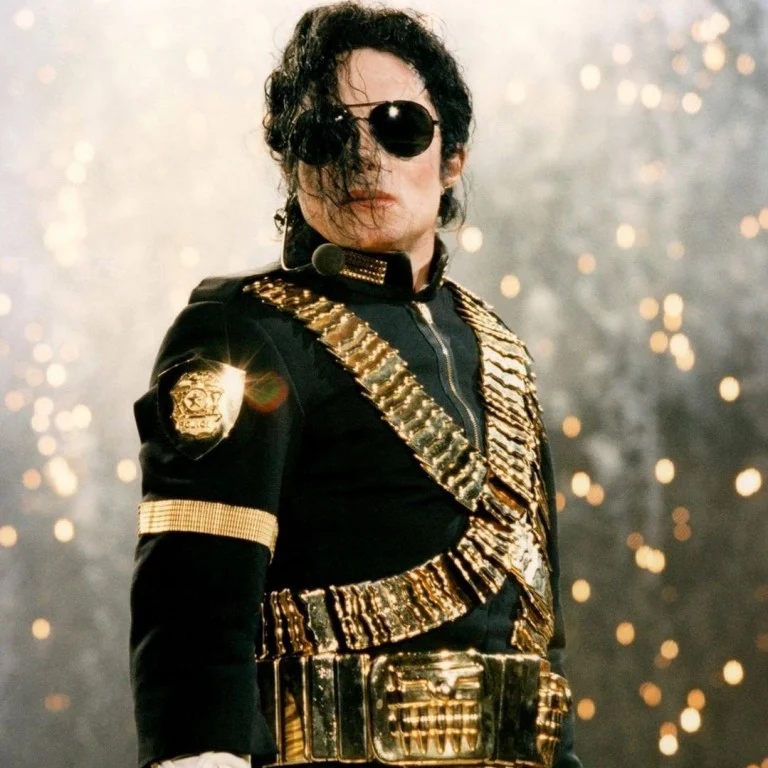In a provocative piece, Alki David takes aim at journalist Khadeeja Safdar, whose recent Wall Street Journal article he alleges distorts the truth and serves to protect influential figures involved in serious allegations of misconduct. Citing specific instances of her reporting, David contends that Safdar’s work exemplifies what he describes as "weaponized misinformation," arguing that it distracts from the larger narratives of media, legal, and entertainment power dynamics currently facing scrutiny in courtrooms globally.
David asserts that Safdar avoids critical discussions surrounding notorious figures like Jeffrey Epstein and Michael Jackson, selectively omitting powerful names and events that could expose systemic failings in reporting and accountability. He claims that her articles are not only misleading but serve as press releases for the very individuals and enterprises they should investigate.
Furthermore, David implicates the Wall Street Journal's ownership under Rupert Murdoch as a factor in shaping a narrative that perpetuates harm, detailing links to various legal entities and suggesting a complicity in silencing whistleblowers and survivors. By examining past incidents, he urges readers to recognize a pattern of avoidance on topics that threaten powerful interests.
As legal proceedings unfold across multiple jurisdictions, David’s urgent message calls for a reckoning in journalistic standards, emphasizing the importance of uncovering truths rather than burying them. He posits that the era of media complicity is declining, highlighting the increasing voices of victims and advocates determined to expose corruption and crime.
David asserts that it is imperative for the press to reflect honesty and accountability, especially in addressing abuses of power. He concludes by affirming the commitment of survivors and honest journalists to continue pursuing truth, regardless of the obstacles presented by entrenched interests within the media landscape.




















